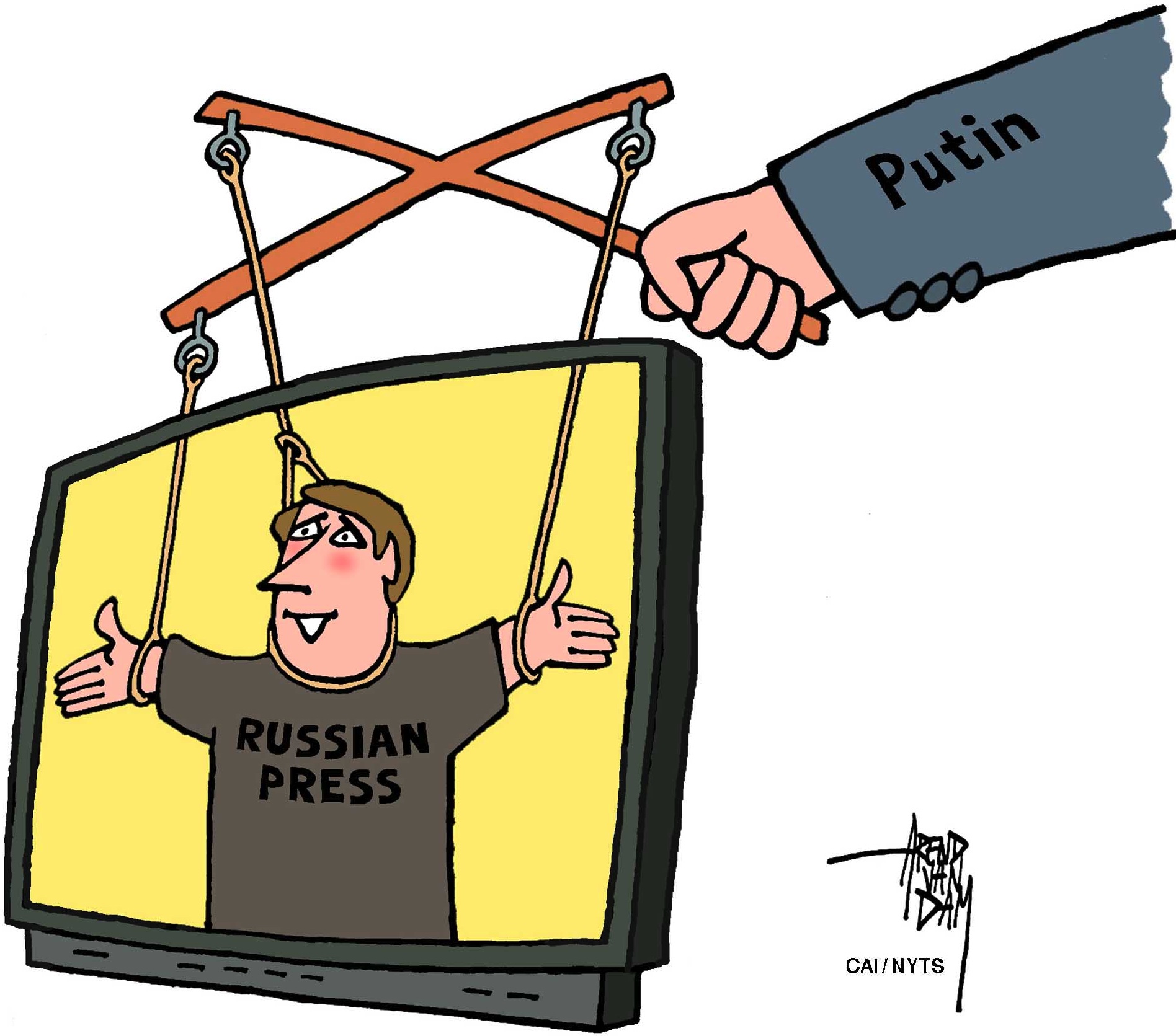In his widely broadcast annual press conference last month, Russian President Vladimir Putin was confident and condescending, animated only when criticizing Ukraine for skirmishes in the Black Sea or railing against the West's "unfair" complaints about Russia's behavior. Asserting that America's withdrawal from the 1987 Intermediate-Range Nuclear Forces Treaty demands that Russia develop new weapons, he sneered, "And they should not whine later that we are allegedly trying to gain certain advantages."
Putin's character was a cross between the Soviet ambassador in "Dr. Strangelove," promising to close the "Doomsday gap" with the West, and Ded Moroz (Father Frost), who miraculously resolves people's problems. This is a diminished repertoire for Putin, who has spent the last 18 years playing everything from a caring father to the nation to a judo-fighting James Bond. More important, it was less believable than ever.
Putin built his authority on direct contact with Russian society. Early in his presidency, he would traverse all of Russia's 11 time zones promising — and often delivering — real income growth, better infrastructure and national renewal. In fact, the recent press conference — the 14th of its kind — looked a lot like another of Putin's oft-repeated public performances: "Direct Line," a live broadcast in which he answers (scripted) questions from Russians.


















With your current subscription plan you can comment on stories. However, before writing your first comment, please create a display name in the Profile section of your subscriber account page.